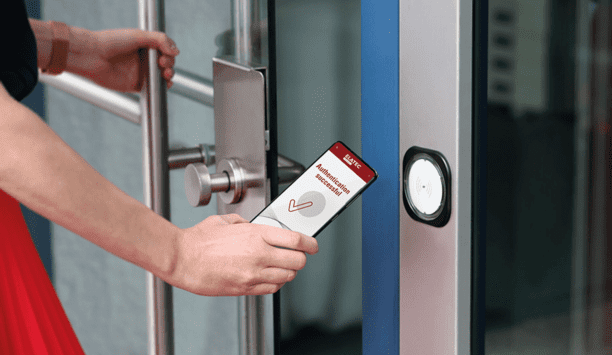Michael Dougherty

Michael Dougherty
Chief Executive Officer, Secure Identity & Biometrics AssociationMichael Dougherty is Chief Executive Officer at Secure Identity & Biometrics Association (SIBA). Dougherty joined SIBA from the Raytheon Company, where he worked for 6 years as a Director of Business Development in Homeland Security Programs. Dougherty has over 20 years of legal and policy experience in the federal government. Dougherty served as Legislative Counsel to Senator Jon Kyl on the Senate Judiciary Committee and prior to that, as a Senior Policy Advisor at DHS Headquarters. He also served as an appellate litigator with the Department of Justice (DOJ) Office of Immigration Litigation, and as a Special Assistant U.S. Attorney in the Eastern District of Virginia.
News mentions
SIBA applauds balance that the Administration and Congress are trying to strike between enhancing security and benefits The Secure Identity & Biometrics Association (SIBA), a U....
The plan provides options that include biometrics equipment, mobile biometrics capability and issue smart cards Recently, the Secure Identity & Biometrics Association (SIBA), a...

























